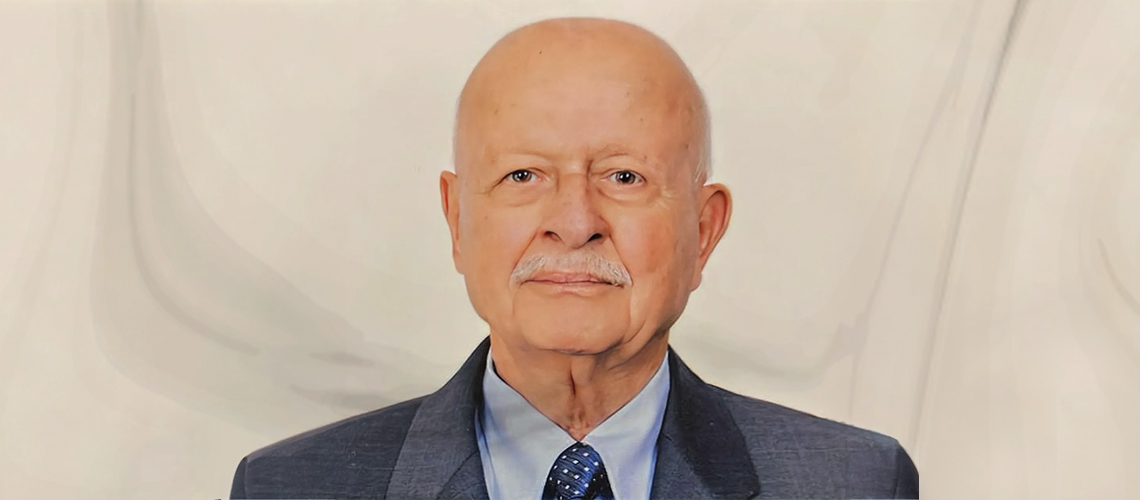Renowned Lebanese writer, academic and thinker Dr. Mustafa Hijazi, one of the most prominent figures in psychology and mental health, passed away at the age of 88 on Sunday, October 13, 2024.
Hijazi earned a PhD in psychology from the University of Lyon, France, specializing in research and population studies. His academic journey began with a bachelor’s degree in psychology from Ain Shams University in Egypt in 1960. In 1964, he moved to England to study childhood care and institutional therapy for children and youth, an experience that profoundly influenced and shaped his ideas and subsequent research.
Dr. Mustafa Hijazi was a distinguished thinker whose work left a lasting impact on the study of the human psyche. Among his most notable works are:
- Social Backwardness: An Introduction to the Study of the Psychology of the Oppressed Person. This book offers an in-depth analysis of the oppressed personality, exploring how social and political conditions shape and affect it.
- The Psychology of Wasted Human Being is an analytical psychosocial study. In this work, Hijazi examines the psychological and social neglect faced by individuals in the Arab world, addressing the issues that hinder societal progress and development.
- Unleashing Life Potential: This book explores how to unleash the potential of a suppressed human, emphasizing ways to enhance both personal and social adaptation.
- Psychology and Globalization: In this work, Hijazi addresses the psychological challenges individuals face in the age of globalization and offers insights on how to navigate and cope with them.
- The Culture of the Arab Child between Approximation and Authenticity: This book examines the influence of foreign cultures on the upbringing of Arab children, highlighting the identity challenges they may encounter.
Dr. Mustafa Hijazi left behind a rich scientific legacy, encompassing not only his books and research but also his profound influence on new generations of researchers and psychology enthusiasts. He consistently approached psychological phenomena from a societal and cultural perspective, making his work a subject of great interest among academics and intellectuals across the Arab world.




